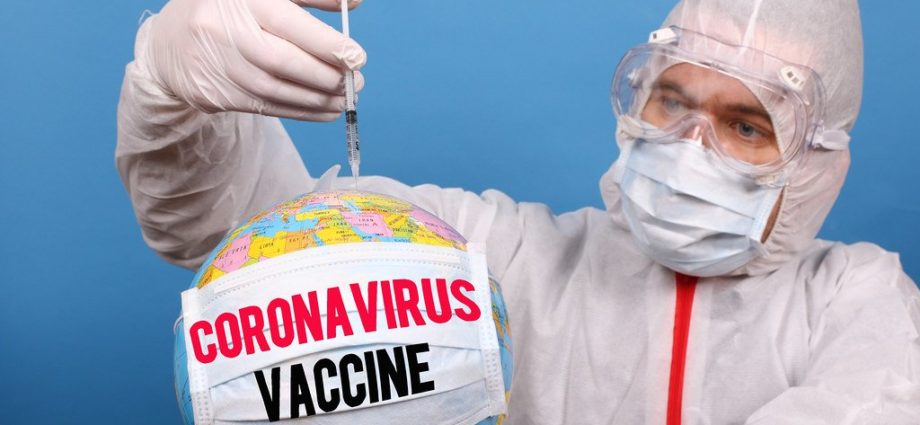
Boris Johnson declared a victory against Covid on a few occasions. He did so in July 2020, when he announced a return to normality by Christmas. He did it again in July 2021, on what he called ‘Freedom Day’, with the lifting of virtually all the control measures, including face masks. Since July 2021 we have seen more than 700 Covid hospital admissions per day: this number of hospital admissions has disrupted the NHS effort to catch up with the care backlog. The number of those waiting in England for hospital treatment has risen to a record high, whereas A&E departments have struggled to see patients.
If ambulances cannot transfer patients inside A&E departments, they cannot attend the next emergency call. A number of patients have died whilst either waiting for an ambulance or waiting inside the ambulance outside overwhelmed casualty departments. A report by the Royal College of Emergency Medicine has shown that A&E crowding has resulted in 4,519 excess deaths in England in the past year.
Control of Covid-infection measures
The recent announcement that face masks will be required again in some enclosed spaces is an overdue reversal of policy. Face masks are effective (BMJ 20 November) and unlike lockdowns, do not damage the economy.
Controlling Covid has become a dividing political issue. Those pandering to the libertarian right, like Boris Johnson, have delayed lockdowns (with grievous consequences) and have recently relied only on vaccines as a control measure.
European Covid vaccine rates
Countries like Italy, that have used vaccines in combination with face masks and Covid passports, had lower infection and death rates in the past few months. When it comes to Covid vaccination, Europe is a tale of two stories: high vaccination rates in Western Europe and low vaccination rates in the East. Distrust of governments in former Communist countries is thought to be an explanation for the higher vaccine hesitancy. Right-wing extremists have infiltrated some of the groups opposing vaccination or Covid passports, and have orchestrated violent demonstrations.
Twelve European countries have achieved a higher primary vaccination rate than the UK. The use of vaccine passports, as a requirement to attend certain venues, may have contributed to the higher vaccination rate in Italy and France. Recently a number of countries, including Austria and Germany, have tightened their Covid pass rules.

UK Covid vaccination rates falling behind
The UK has also lagged behind in the vaccination of the 5 to 17 years old group.
The UK vaccination rate has plateaued at about 76.5% (of the total population) and we have now moved on to administer third doses. However, increasing our primary vaccination uptake would be equally important.
Covid booster vaccination and global equity
There is also a difference in the administration of the third vaccine dose. As a response to the rise of the omicron variant, the UK government has reduced the minimum interval between the second and the third dose from six to three months. This though, will divert scant NHS resources from the routine care of patients. An interval of 6 months may actually produce longer lasting immune responses and, with the current predominant delta variant, protection against severe Covid is minimally reduced up to six months after the second dose. A three-month interval, though, could be advantageous if the omicron variant was capable of causing severe infections and did not evade vaccine immunity.
Early data suggest that omicron may have higher transmissibility but there is currently no good information on severity. Currently a number of countries, including the US, Canada and the EU, still recommend booster doses after 6 months. In Israel and Italy the minimum interval is five months. An important consideration, when considering Covid booster doses, is global equity. WHO has warned that overenthusiastic administration of booster doses by rich countries would reduce the availability of vaccines to poorer countries, where most have not even received the first dose.
My impression is that progress with vaccines has paused, after the early successes in 2020. The influenza vaccine is updated every year to maximise coverage against new variants: this has not yet happened with Covid. The development of nasal vaccines also seems very slow: they really could help to reduce vaccine hesitancy.
Please follow us on social media, subscribe to our newsletter, and/or support us with a regular donation


